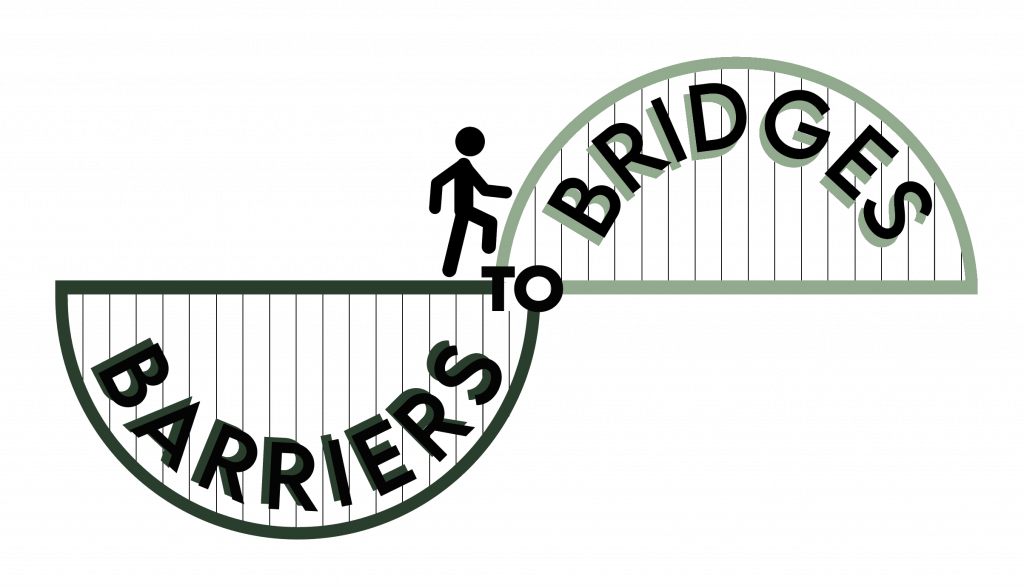by Zain Zaman
Kurram, one of the remote districts bordering Afghanistan, came under direct Pakistani authority in 2018. The area has a history of being a proxy battleground. Initially, it witnessed a proxy war between the Soviet Union and the US, followed by a conflict between the US and the Taliban. When Pakistan aligned with the US in the war on terrorism, various militant groups redirected their hostilities towards Pakistan.
During a scorching Pakistani summer, a group of young schoolboys were heading home after completing an exam. As they walked back, Irfan Ullah Jan noticed his uncle making his way to the market. Intrigued, he left his friends and caught up with him.
He was just 11 years old then, studying in the fourth grade in Kurram.
Jan’s uncle met his close friend at the market, who kindly invited them for tea at a nearby hotel. While they were outside the hotel, a loud explosion occurred, and he lost consciousness. The incident involved an improvised explosive device (IED) detonation, resulting in the tragic loss of three lives and injuries to 15 people, including Irfan.
Local security officials promptly arrived, transporting them to a nearby hospital for medical aid. Later, he was transferred to a major hospital in Hangu City.
The next morning was the first time his senses returned. He told Barriers to Bridges in his recent interview:
“As I woke up, I thought I was running late for my exam. Yet, when I tried to stand, I realized I couldn’t feel my lower body.” he explained.
At that moment, his uncle told him he had lost both his legs in the explosion.
“Honestly, I hadn’t fully grasped I was a blast victim. Knowing I’d lost my limbs was the true explosion for me.” he recalled. “My uncle and his friend assured me of their unwavering support, promising that my disability wouldn’t hinder my education and aspirations.” Jan added.
He still remembers the day he left the hospital. In a wheelchair, facing a new world—a world where walking to school and playing on legs were no longer possible.
“That day marked my worst experience. Despite being surrounded by family and friends, I felt profoundly alone. I found myself in a world with minimal support for people with disabilities.” he said, pulling back his tears.
The Unyielding Spirit
The region grappled with daily bombings by militant groups, targeting not just Pakistani forces and officials, but civilians, NGOs, and schools. At the time lacking mobile phones and internet, he relied on radio updates detailing these explosions and casualties.
What mattered most for him were the critically injured who, like him, coped with lost limbs. A lack of data on people with disabilities due to the war on terror in Pakistan existed, but UN estimates published in 2020 showed about 6.2% of the 220 million population had disabilities.
One night, an idea struck- to research those locally who lost limbs in blasts. He shared this with his uncle, who readily offered help. With him and twelve others, Jan formed the ‘Kurram Union of Special Persons’. This united blast survivors—pioneering the concept. Founded on August 14, 2013, the group traversed villages to find fellow life-altering loss victims. The mission began aligning with Pakistan’s Independence Day.
From Surviving to Thriving
Amid almost daily bombings, a 2014 military operation restored order to Pakistan’s seven tribal districts. Yet, unexploded ordnance, toy bombs, and landmines emerged as fresh threats.
In 2016, Jan founded the NGO Fata Disable Welfare Organization (FDWO) to address the plight of war victims who weren’t responsible for the attacks on the Twin Towers or linked to the Taliban. Despite not supporting the American-Taliban conflict, they suffered as unintended casualties.

Bomb blasts and unexploded landmines caused many to lose limbs. Tragically, children mistook unexploded bombs for toys and got hurt. FWDO facilitated the physical rehabilitation of 1047 blast victims. Advocacy and talks with military officials gave victims access to advanced medical treatments. The military allotted 10% quota for students with disabilities in military schools. They also cleared vast landmine areas on FDWO’s request.
66 got artificial limbs, 50 received wheelchairs through local donors. In partnership with Bioniks – an organisation specialising in artificial limbs – six received artificial limbs. Eight adults established livelihoods – five opened stores, three got rickshaws.
“With no industries or viable livelihood options in the unstable area, adults with disabilities encounter obstacles. Although we’ve identified 100 people in need, the shortage of donors presents a challenge.” Jan said.

Forging a Future of Inclusivity
Jan’s next goal is to extend help to women affected by these circumstances, despite the area’s conservative nature lacking data on their numbers. The FDWO’s project aims to empower women with disabilities through vocational training for self-sufficiency.
“I strongly oppose gender stereotypes, urging young girls to pursue education and contribute to the nation like Saima Saleem, Pakistan’s first visually-impaired diplomat at the UN.” Jan added.
“A project I’m proud of involves Rahila Bibi, a 15-year-old who lost her hands in a landmine explosion. After personally connecting with her story, I collaborated with Bioniks to provide her with prosthetic arms.” Jan said with a smile on his face.
After some years of relative peace, violence has resurfaced in the region with the Taliban’s resurgence in neighbouring Afghanistan in 2021. Local militant groups have regained strength – resuming activities. In July, a militant attack during a political gathering resulted in the deaths of more than 60 people, including 23 children.
“My country acknowledged my efforts last year, honouring me with the ‘President’s Award for Pride of Performance’ for services to humanity. However, I’m concerned about the state’s insufficient support for people with disabilities welfare. Despite funding from local philanthropists, our rights aren’t fully protected. Still, I’m dedicated to continuing my activism.” he said.

“Ultimately, I aspire to establish Pakistan’s first disability complex—a hub for treatment, education, and empowerment, akin to the Shaukat Khanum Cancer Hospital, founded by former prime minister Imran Khan.” Jan said.
© 2023
